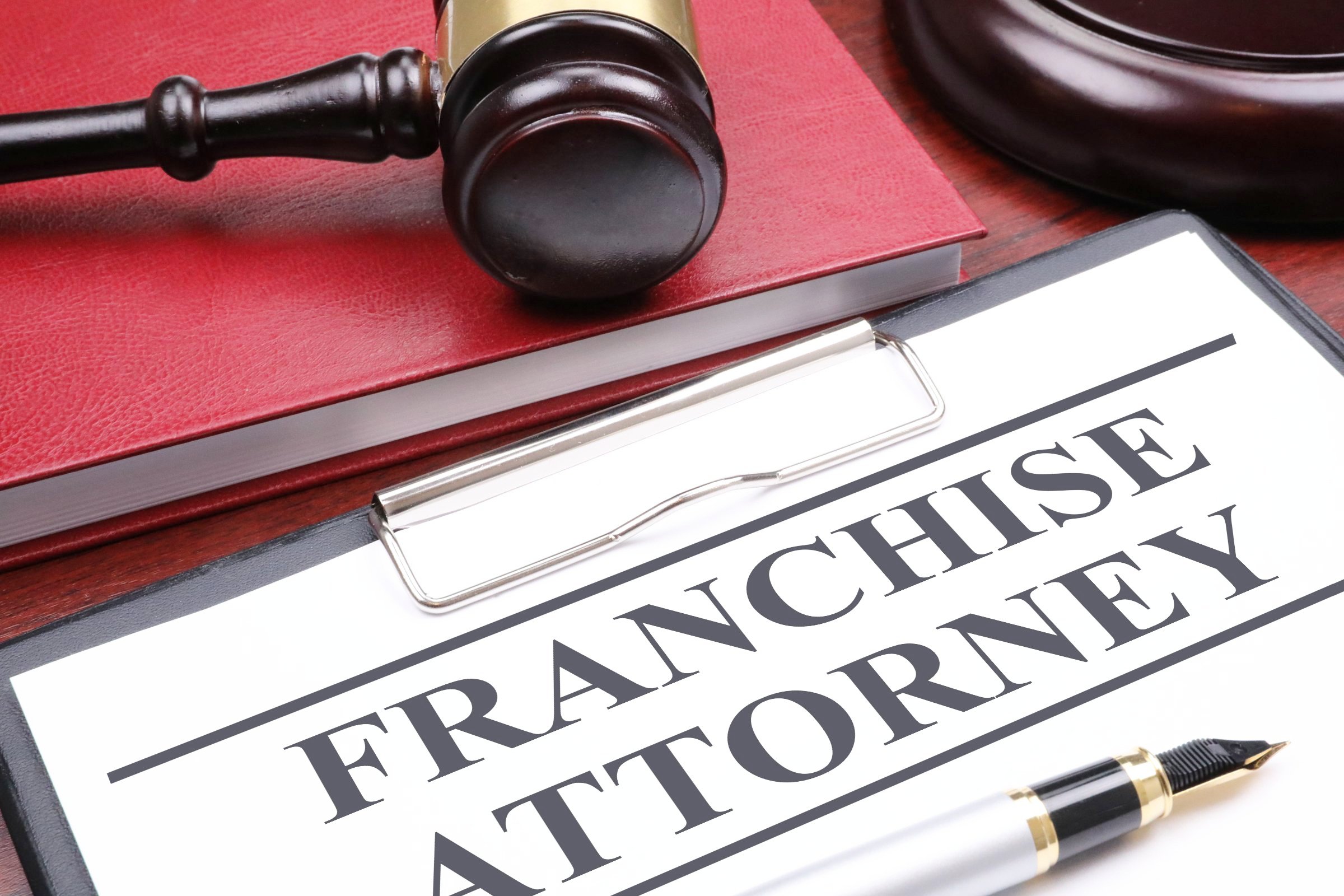Choosing to invest in a franchise can be an exhilarating venture, opening doors to established brands and proven business models. Yet, alongside the excitement lies a complex web of legal considerations that can feel overwhelming.
This is where a franchise attorney steps in, advocating for your interests while navigating the intricacies of franchise agreements, disclosures, and compliance with regulations. However, the decision to engage a legal expert is not without its nuances.
On one hand, the guidance of a seasoned attorney can help avoid potentially costly pitfalls; on the other, their services come with a financial commitment that may not fit every budget. Balancing these pros and cons is essential for any prospective franchisee keen on making an informed choice.
In this article, we will unearth the advantages and disadvantages of hiring a franchise attorney, helping you determine whether this investment is warranted for your unique situation.
The Pros and Cons of Using a Franchise Attorney

When considering the use of a franchise attorney, one must weigh the advantages against the potential downsides. On one side, a franchise attorney brings a wealth of knowledge to the table, adept at navigating the intricate web of franchise laws, ensuring compliance, and reviewing contracts with a keen eye.
Their expertise can shield you from costly mistakes and provide peace of mind as you embark on your franchise journey. However, hiring such an attorney often comes at a steep price, which can be a deterrent for budding entrepreneurs watching their budgets.
Moreover, the reliance on legal jargon can lead to miscommunication or confusion, creating barriers that may seem daunting rather than informative. Ultimately, while a franchise attorney can be invaluable in protecting your interests, evaluating your specific needs and financial situation is essential before making the leap.
Expert Knowledge of Franchise Law

Navigating the intricate landscape of franchise law requires an attorney with specialized knowledge and experience. Franchise law is a unique blend of commercial regulations, intellectual property rights, and contractual obligations, which means that a seasoned franchise attorney can illuminate the complexities that might otherwise overwhelm a budding franchisee or franchisor.
With the ability to interpret nuanced legal language and anticipate potential pitfalls, these experts provide invaluable insights that safeguard your investment. They can help draft and review franchise agreements, ensuring that your rights are protected and that you are equipped to comply with both state and federal regulations.
Moreover, the collaboration between a skilled attorney and their client fosters a deeper understanding of the business model itself, enabling strategic decisions that can lead to sustainable growth and success in the franchise realm. In an industry where missteps can cost you dearly, having an advocate who understands the legal framework is not just beneficial—it’s essential.
Guidance Through the Franchise Process

Navigating the franchise process can feel like stepping into uncharted waters, with its own set of challenges and complexities. A franchise attorney serves as your guide, illuminating the often obscure paths of franchise agreements, disclosure documents, and compliance requirements.
From the outset, they help you make sense of the Franchise Disclosure Document (FDD), breaking down legal jargon into digestible insights. This level of expertise ensures that you’re not only well-informed but also strategically positioned to make decisions that align with your business goals.
Along the way, the attorney acts as a sounding board, addressing your unique concerns while anticipating potential pitfalls. The journey of becoming a franchisee can be daunting, but with the right legal expert by your side, you gain confidence and clarity in each step you take toward franchise ownership.
Conclusion
In conclusion, while the decision to hire a franchise attorney ultimately depends on an individuals specific needs and circumstances, its clear that weighing the pros and cons is essential for any prospective franchisee. On one hand, a franchise attorney can provide invaluable expertise in navigating complex legal documents and ensuring compliance with franchise laws, potentially saving you from costly legal pitfalls.
On the other hand, the associated costs and time commitments may deter some entrepreneurs. By carefully considering these factors and evaluating your unique situation, you can make an informed choice that sets the foundation for your franchises success. Ultimately, understanding the balance between the benefits and drawbacks of legal guidance will empower you to make a decision that aligns with your business goals.

